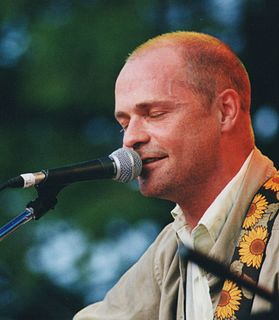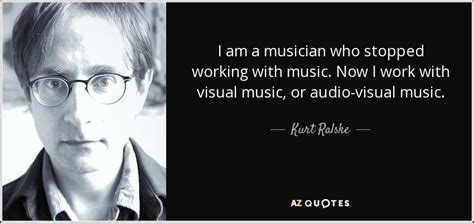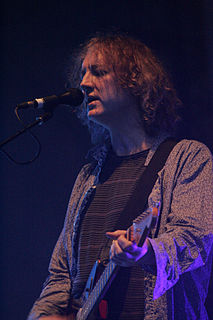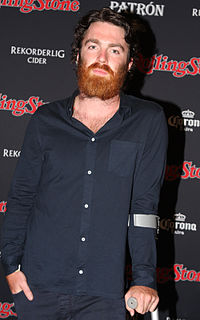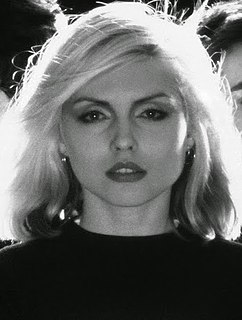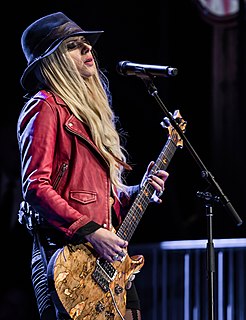A Quote by Tracy Chapman
There's a time and place for everything, and my focus is music. So that's what I prefer to spend most of my time doing, and not talk about making music.
Related Quotes
Music making features real-time creation, real-time decisions and actions. It's basically improvisation, which is the stuff of everyday life. In the realm of discourse about music, improvisation is marginal, but in the realm of doing it, it's omnipresent. Strange distinction here: we're improvising all the time, but when we tend to talk about music, we tend to talk about objects that are fixed, like recordings, scores, pieces.
Some people who make music are instantly very savvy about how they can get their music to communicate in a larger way. For me, the music was always first, and I put a lot of time and effort and thought into making the recordings. But everything else around it, all the things that were necessary to have a career in pop music, I was completely ill equipped to handle.
If I had to spend equal time doing paintings, and equal time going to galleries and doing art business, and equal time making music, and equal time going to record companies, or to the publicist or to the lawyer, forget it. It would take four times as long to do all that stuff. Unless I had a patron. That's why Leonardo da Vinci was successful. He had the Medicis, right?
When we talk about music, we tend to place our experiences into one of two categories: making the music and listening to it. Delineating the two seems practical and obvious. In reality, though, there are a lot of opportunities for overlap, and it doesn't matter how you get into the music as long as you connect with it.
I think any information about any type of art form, it's always the right time. But since the last one, I could see there were many things about the culture of DJing that we don't really talk about. We don't really look at how the music is made, how it's conceptualized, how it's put together. We talk about the equipment and the software, but we don't talk about the reasons why we put the music together in the first place.
I wouldn't have known when I was a teenager that when I was coming up to being a sixty-year-old woman that I'd be making music, I'd be recording music, talking about music, and incorporating my views on the world into the music-making. So it's a very rarefied place to be, and I'm very grateful for that.




